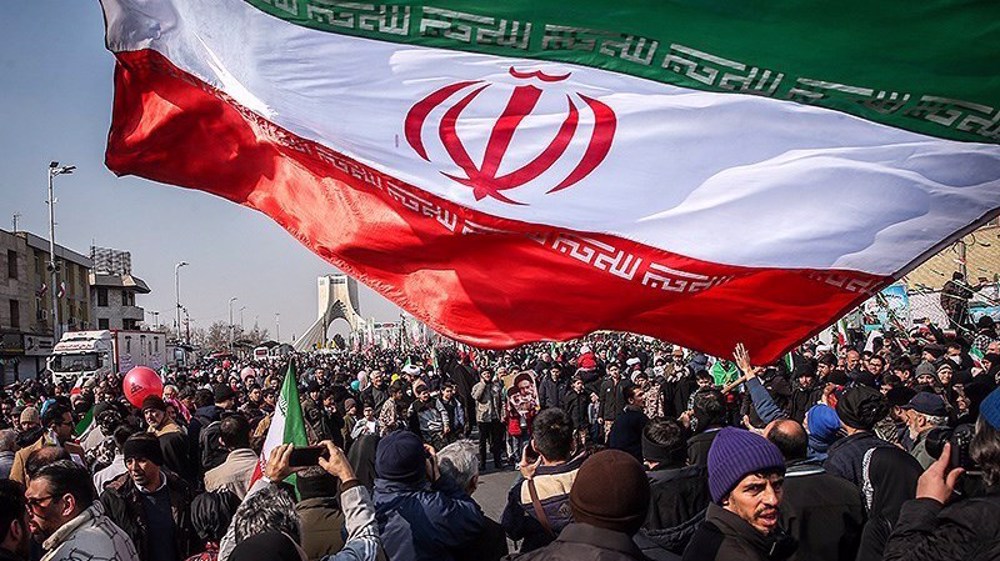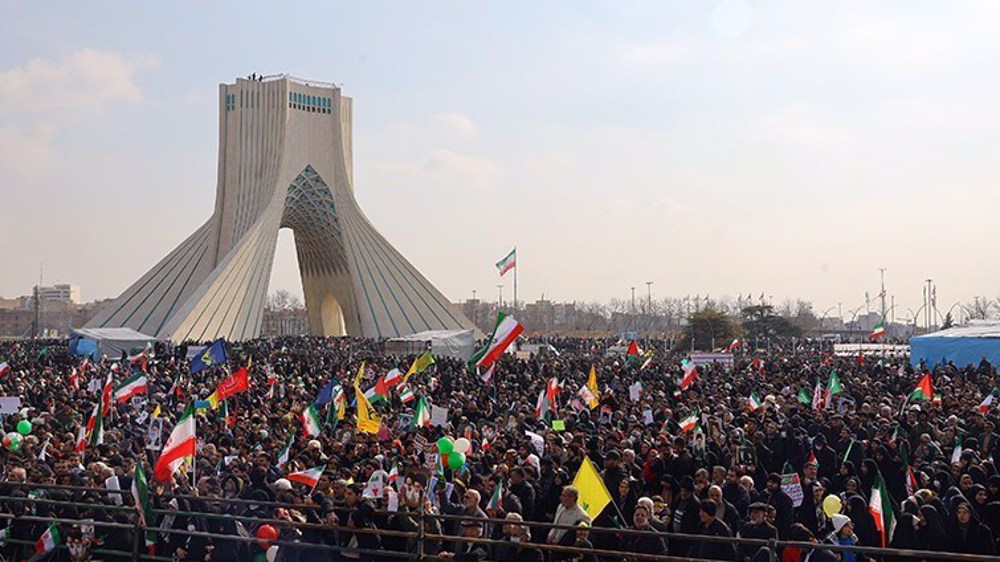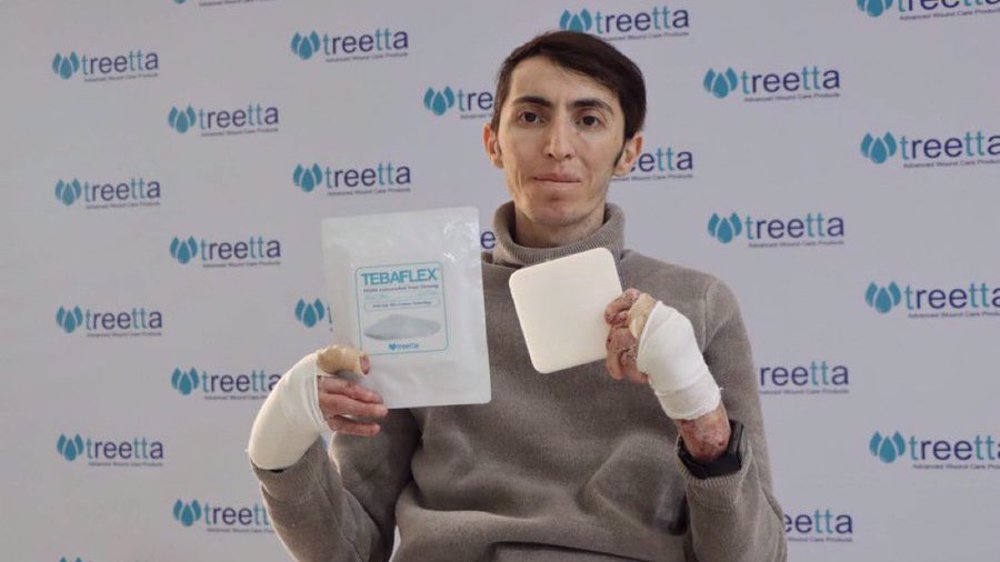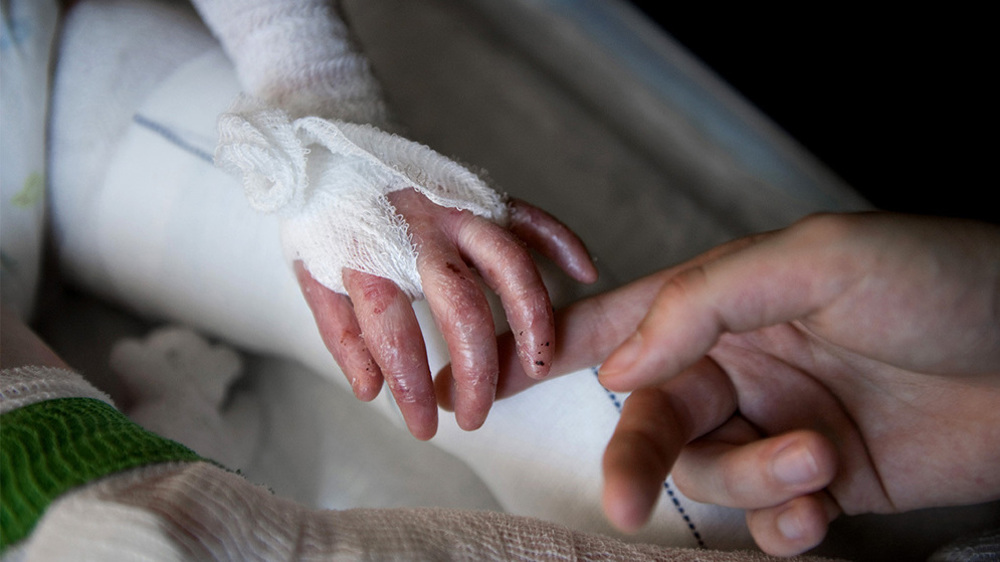Iranian firm produces wound dressings for rare skin disease amid inhumane sanctions
A knowledge-based Iranian medical company has managed to produce wound dressings for patients suffering from Epidermolysis Bullosa (EB), a rare hereditary disease that causes the skin to become fragile and easily injured.
The achievement was made by specialists at the knowledge-based Teba Zist Polymer Company, which is the first producer of advanced wound dressings in Iran, despite longtime Western sanctions on the country’s import of medical equipment and pharmaceutical products.
According to the Department of Science, Technology, and Knowledge-Based Economy, the Iranian firm has managed to acquire the formulation of Sweden’s Mepilex absorbent foam dressing in compliance with global guidelines recommended for EB patients and their wounds.
It said that Teba Zist Polymer Company intends to localize the product, named Tebaflex foam dressing, on a semi-industrial scale to improve the health status of EB patients in the country.
Thanks to its vertical absorption of wound exudate and moisture management as well as its cushioning effect, Tabaflex foam dressing prevents impact and friction, and can also be used on various parts of the body as it provides an ideal environment for the healing of wounds.
EB patients’ wounds are considered as chronic and those suffering from the rare skin disease should use special foam dressings so that they will not stick to the wounds and cause more damage to their blisters and highly sensitive skin.
Enjoying Safetac technology, Sweden’s Mepilex dressings do not stick to the EB patients’ wounds, are easily changeable, and need no changing for up to three days.
Mepilex, which is waterproof, viral-proof and bacterial-proof with a multilayered wound pad construction, adheres gently to surrounding skin but not to moist wound tissue, thereby minimizing trauma to the wound and peri-wound area and pain to the EB patient.
Due to the cruel anti-Iran sanctions spearheaded by the US, the country has been unable to provide Mepilex dressings for EB patients, with the lack of suitable alternative dressings in the market claiming the lives of a number of children suffering from EB.
The United States under former President Donald Trump reinstated harsh sanctions on Iran after unilaterally walking out of the 2015 nuclear deal in May 2018, despite Iran’s full compliance with the terms of the agreement.
The sanctions have been choking up the financial channels that could be used for providing Iran with essential medicine, material, or medical equipment.
Although Washington and its Western allies claim that humanitarian goods are exempted from sanctions, tens of thousands of patients in Iran have over the years died or developed critical ailments due to the unavailability of essential drugs.

Pope Francis in critical condition due to ‘asthmatic respiratory crisis’: Vatican

Hezbollah hails Iran’s Islamic Revolution as historic turning point in resistance

Iranians mark 46th anniversary of Islamic Revolution with nationwide marches, celebrations
VIDEO | Gazans striving to survive with bare hands
'Shocking attack on free expression': Canadian politician slams arrest of pro-Palestine activist
West Bank Palestinians fear Gaza style destruction as Israel escalates raids
Hamas: Ibrahimi Mosque massacre testament to Israel’s criminal policy
Trump eyes Ukrainian rare earth minerals in exchange for military support to Kiev
Six Gaza children, including newborn girl, die of cold weather as Israel blocks aid
Iran rules out nuclear talks with US amid ‘maximum pressure’ campaign
Israeli tanks roll into West Bank first time in 20 years as prelude to forcible annexation








 This makes it easy to access the Press TV website
This makes it easy to access the Press TV website